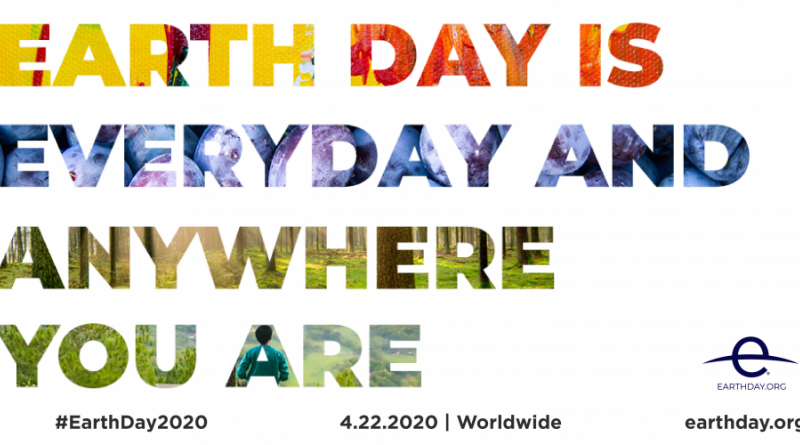Earth Day 2020 - The Enormous Challenge.

Are environmental movements like ‘Earth Day’ still effective in inducing action to combat the imminent threat of a climate breakdown?
Earth day began in 1970 as a unified response to an environment in crisis. On 22nd April 1970, 20 million Americans took to the streets - 10% of the population at the time, to protest against oil spills, smog and rivers so polluted they caught fire. They demanded a new way forward, protecting the environment and planet from human ignorance.
The first Earth Day had a monumental impact on environmental politics around the world. The Clean Air, Clean Water and Endangered Species Acts were created in response to the first Earth Day. The Environmental Protection Agency (EPA) was also born of this movement. Many other countries soon adopted similar laws.
"The legacy of the first Earth Day was a fundamental restructuring of the American economy. The legislation of the 1970s was possibly the biggest change in how American industry operates in the nation’s history. Folks who had no concern whatsoever for pollution, for toxics disposal, for resource extraction, suddenly had to operate within ways that were benefiting public health and benefiting the environment.” Denis Hayes, organiser of the first Earth Day, now president of the Bullitt Foundation and board chair emeritus at Earth Day Network.
The collective action in 1970 had a profound impact in launching the modern environmental movement. However, the world has changed significantly in the last 50 years. We are facing much larger environmental challenges today with the existential threat of climate change.
Are environmental movements like ‘Earth Day’ still effective in inducing action to combat the imminent threat of a climate breakdown?
In short, yes.
While the past 50 years has brought significant environmental challenges, momentum for climate action has also ramped up considerably. Earth Day continues to hold major international significance: In 2016, the United Nations chose Earth Day as the landmark date to open the Paris Agreement for signature.
More recently, the climate movement has had an injection of new energy through the Youth Climate Movement and Extinction Rebellion. Both groups have been organising mass protests to call upon governments for urgent action. Extinction Rebellion staged a two-week blockade of central London in 2019 which had a huge political impact. The UK government has since pledged for net-zero emissions by 2050.
These mass strikes and action days have created a surge in public concern over the state of the environment. The media domination of these movements throughout 2019 has catapulted climate change to the top of the political agenda, and whilst there are still significant challenges ahead, positive change is echoing throughout modern day politics, business and society.
Earth Day 2020
Earth Day 2020 is focusing on ‘The Enormous Challenge’. Organisers have expressed how climate change represents the biggest challenge to the future of humanity and the life-support systems that make our world habitable.
The recent outbreak of coronavirus will not deter Earth Day campaigners, as they continue to show collective power and unity online.
“We will flood the digital landscape with messages of hope, optimism and, above all, action.”
You can join campaigners for 24 hours of action on earthday.org as they issue a new call to action every hour for 24 hours.
“Through 24 hours of action, Earth Day 2020 will drive actions big and small, give diverse voices a platform and demand bold action for people and the planet.”
Now, 50 years on from the first Earth Day, we still have an enormous challenge, but also a vast opportunity to take action. 2020 marks a monumental year for climate action. More than 65 countries are due to host major elections, and countries who signed the Paris Agreement are obliged to submit their updated national climate contribution plans (NDCs) ahead of COP26 in 2021. Nations that have failed to deliver on the targets set by the Paris Agreement will be exposed, and we will truly see what action is needed in order to limit global warming to a 1.5 degree target.
22 April 2020
Climate Action




